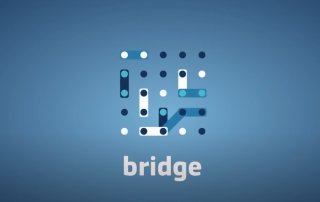Two iFLEX papers accepted in IEEE SmartGridComm’22
The papers cover the analysis of the incentive mechanisms in the Slovenian and Greek pilots and have been produced by Athens University of Economics and Business – the Services, Technologies and Economics Group.
Testing the iFLEX concept
To investigate consumer acceptance of the iFLEX concept, the project has conducted a public survey in the three pilot countries. The results show a general positive attitude towards offering energy flexibility and using iFLEX to manage it, as long as it does not conflict with comfort and the feeling of being in control.
Join us at Sustainable Places 2022
iFLEX is co-organising a workshop on consumer-user engagement in the design of energy flexibility services. Join us on 8th September for some real-life experiences and exchange of knowledge and ideas.
What is happening in BRIDGE
Take a look at the recent conclusions and recommendations from the BRIDGE community on how to unlock energy flexibility in Europe.
Offering the thermal capacity of apartment buildings
The Finnish pilot investigates how apartment buildings can contribute to both power grid and district heating system balance by offering the thermal capacity of the building as a flexibility resource. The role of the iFLEX Assistant is to learn the behaviour of the building in order to forecast available flexibility and to automate the demand-response operations.
Managing electricity price signals
The Slovenian pilot looks at dynamic pricing as a means of adjusting electricity consumption behaviour, signalling to consumers and prosumers when it is best to consume energy. The role of the iFLEX Assistant is to make it easy for consumers and prosumers to manage their response to the price signals.







